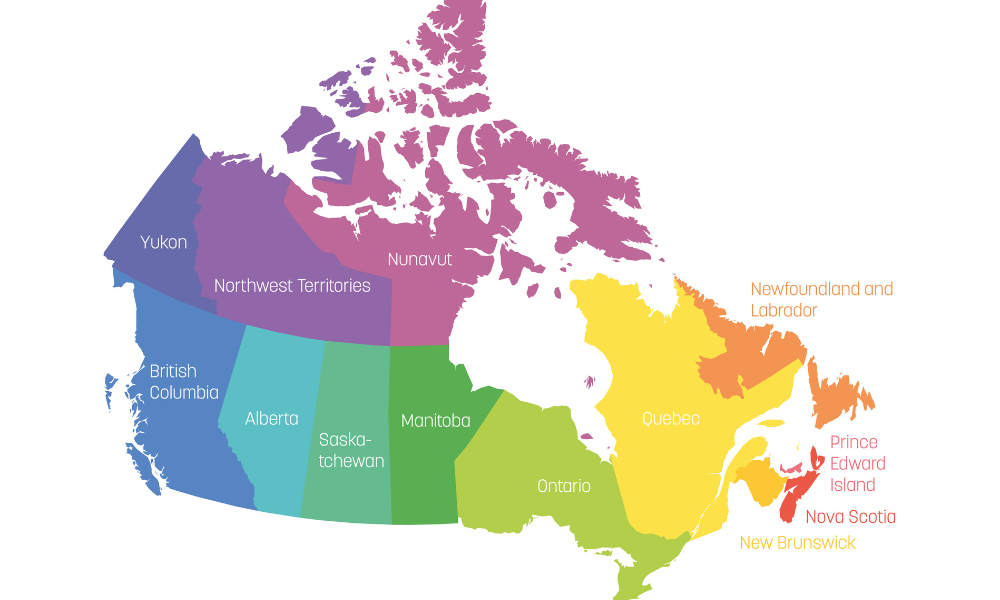Report outlines 54 recommendations for government and employers
The Ontario Human Rights Commission (OHRC) has released its largest-ever policy consultation across Ontario. The commission is looking for feedback on a report that sets out a number of key recommendations and commitments to address human rights issues that affect people with mental health disabilities or addictions.
The OHRC heard about widespread discrimination in housing, employment and services. It heard that stereotypes and negative societal perceptions about people with psychiatric and addiction disabilities are embedded in institutional policies and practices, individual attitudes and some types of legislation, found Minds That Matter: Report on the Consultation on Human Rights, Mental Health and Addictions.
The OHRC also found that many organizations do not appear to understand how to meet their responsibilities under the Human Rights Code to prevent and respond to this discrimination.
"Upholding the human rights of people with mental health disabilities or addictions is a good thing to do. It's the right thing to do. In Ontario, it is also the required thing to do — it's the law,” said chief commissioner Barbara Hall.
People with mental health issues or addictions in Ontario are much more likely to have low incomes than people with other types of disabilities or without disabilities, found the report. Having a low income contributes to even more barriers to housing, services and job opportunities, it said.
This report was written to reflect the experiences and perspectives of hundreds of people with mental health or addiction disabilities, as well as the viewpoints of employers, housing and service providers, advocates and other groups.
The report contains 54 recommendations for government and organizations across Ontario. For employers, OHRC has made recommendations around creating employment opportunities, reviewing all policies to remove discrimination and human rights training.
The report also sets out 26 commitments that the OHRC is making to advance human rights for persons with mental health disabilities or addictions. One commitment is to create a policy on human rights, mental health and addictions that will offer concrete steps people and organizations across Ontario can take to prevent and eliminate barriers.
Also, the OHRC will invite a psychiatric institution, as well as other partners with human rights expertise in mental health, including consumer/survivor organizations, to take part in a large-scale organizational change process to address any human rights concerns in the way they deliver service, said the OHRC.
The OHRC is encouraging feedback from the public until Nov. 9, 2012. For more information, visit www.ohrc.on.ca.




